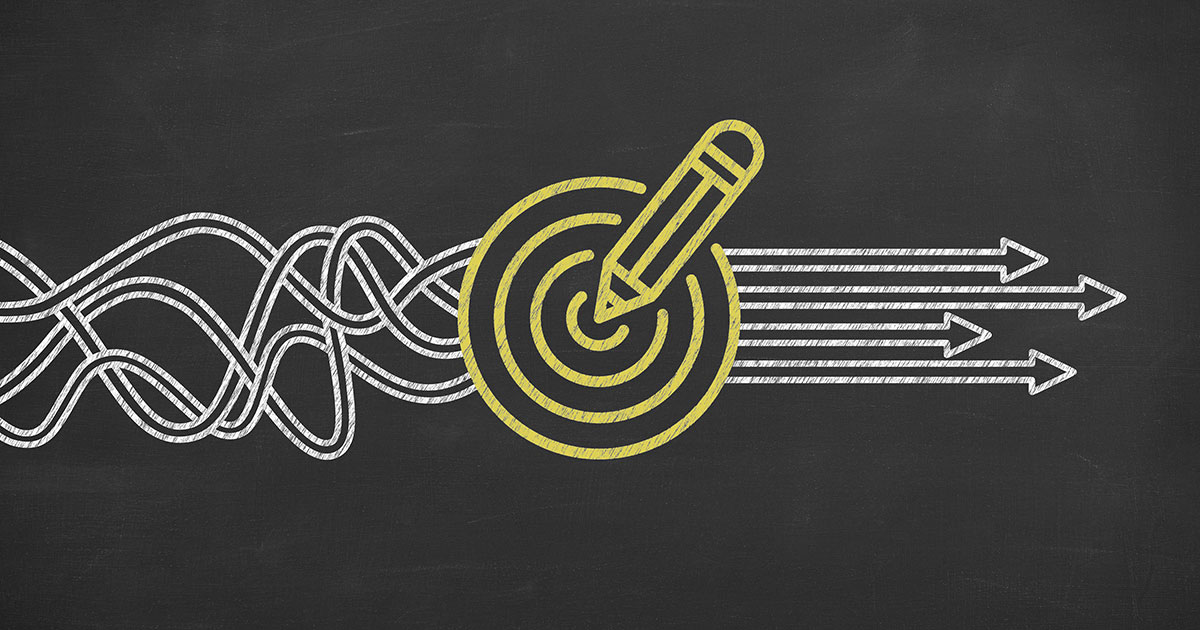FutureLab and an Unexpected Crisis: Lessons in Mobility

Edward Tepper and Aishani Gupta MBA’20 had their plan in place.
As part of a new Babson course, FutureLab: Mobility Innovation, they would work with Newton-Wellesley Hospital to implement an efficiency strategy in an effort to solve a backlog of orthopedics patient appointments. The class—a collaboration between the College and the Toyota Mobility Foundation—would allow them the opportunity to identify and solve real-world mobility problems.
They already spent weeks working with the facility and were scheduling trial runs when the disappointing news broke: Newton-Wellesley Hospital was closing down to only essential staff due to the pandemic and could no longer continue the partnership with Babson. Two weeks later, Babson transitioned its campus online for the remainder of the semester.
Faced with continuing in a hypothetical scenario or pivoting the class in a new and bold approach, both students and faculty deliberated. Their eventual choice shouldn’t come as a surprise.
Changing Course
Together, the class used the coronavirus outbreak to turn to, and learn from, guest speakers most affected by the crisis—from food systems, to hospitals, and businesses.
They reflected on the pandemic’s reverberations on the economy and business as a whole. “It was largely perspective on how different industries are dealing with problems,” Gupta said.
Discussions also continued online.
“It really opened our eyes and made the class think deeply about how we could make changes in our lives to minimize the impact on others,” Tepper said.
“We don’t have a reference point for a pandemic like this. You have to think in a new manner, and an innovative manner.”
Aishani Gupta MBA'20
Tepper said the push on the part of faculty in the second half of the course “showed how much they care.”
Though they weren’t able to see their original project through, both Tepper and Gupta accepted the circumstances of the situation in front of them.
“We had gotten their buy-in, we had game-planned it out,” Tepper said. “It was challenging, we were excited to see how our experiments would come out, but ultimately that’s not possible and we all understand why.”
Real-World Learning
While working with Newton-Wellesley Hospital, Tepper and Gupta learned a lot by soliciting input from employees throughout the facility, knowing well that great ideas can come from everywhere.
“Hearing (from) all the nurses, nurse’s assistants, primary care assistants, physical therapists … you have to surround yourself with all levels of the organization,” Tepper said.
In person and online, at the beginning of an unchartered era, these students learned by doing.
“We don’t have a reference point for a pandemic like this,” Gupta said. “You have to think in a new manner, and an innovative manner.”
“It’s easy to move the class online and keep doing the same thing, talk theoretically about how our experiments might run,” added Tepper. “That wouldn’t have provided the level of learning and understanding we’ve come to expect.
“It was equally enriching and made the second half of the semester equally as enjoyable,” he said.
Posted in Community






